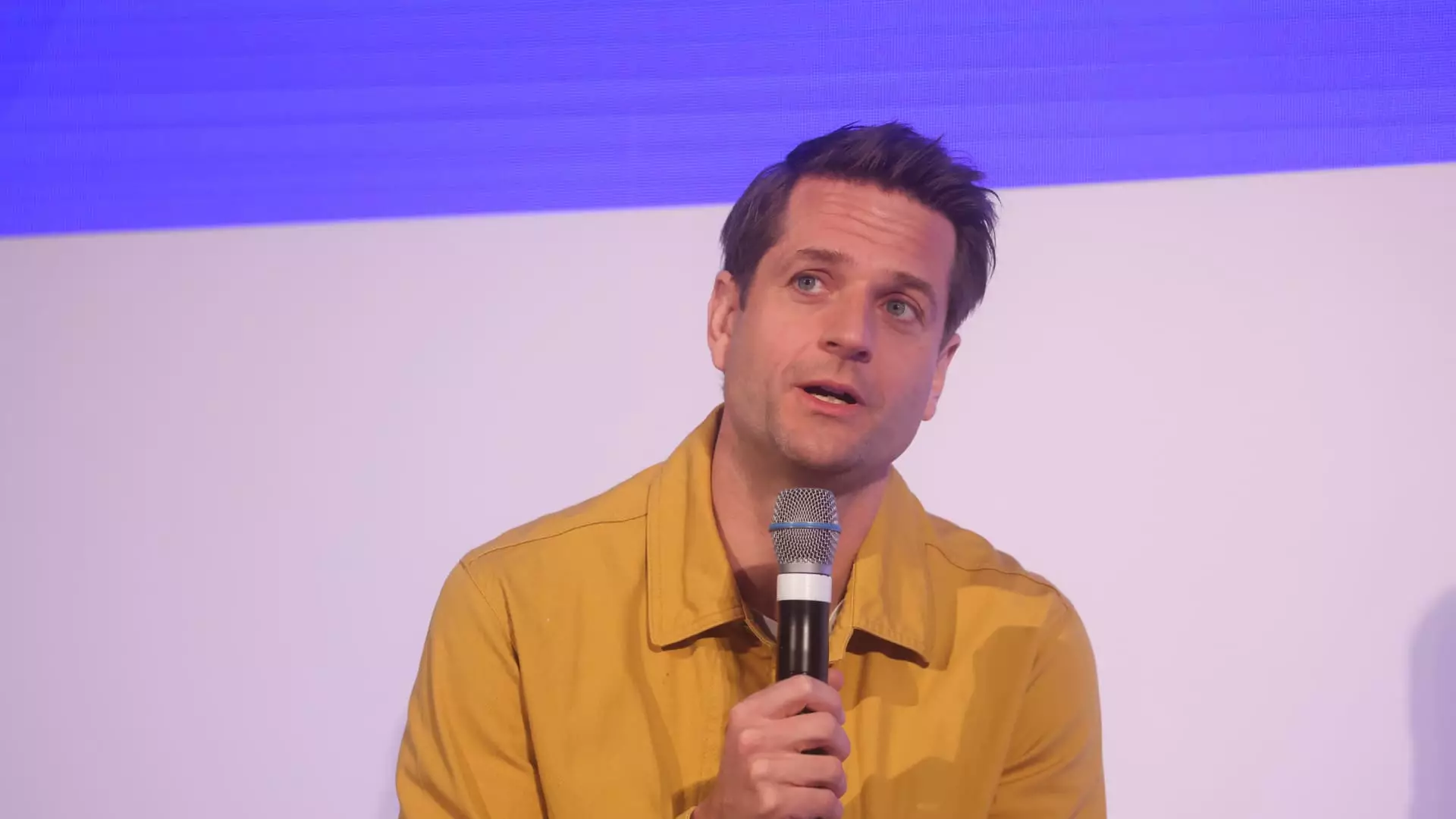As Klarna, the Swedish payments giant, gears up for its impending initial public offering (IPO), fears regarding the retention of tech talent in Europe have surfaced as a pressing concern. CEO Sebastian Siemiatkowski has raised alarms about a potential talent drain due to the less favorable conditions for employee stock options in Europe compared to the U.S. This situation highlights the broader issues within the European tech landscape, where traditional compensation models might hamper the region’s competitive edge against American tech behemoths like Google, Apple, and Meta.
Siemiatkowski’s insights underscore a fundamental challenge facing European startups: the disparity in stock compensation practices. Klarna reportedly offers only 20% of its equity as compared to its public peer group, which averages around six times higher. This could make Klarna less attractive to current and prospective employees who are increasingly weighing compensation packages that are more lucrative in the U.S. market. The current perceptions surrounding employee stock options in European countries, particularly in Sweden and the UK, create a challenging environment for tech firms striving to attract and retain top-tier talent.
A significant obstacle to competitive stock option packages in Europe is the uncapped social security contributions that employers like Klarna must pay once stock options are exercised. In contrast to countries such as Germany and Italy, where specific caps exist, the existing system in Sweden and the UK forces firms to navigate unpredictable financial burdens. The volatility tied to employee social security costs based on stock performance complicates budgeting and financial forecasting for companies, leaving them vulnerable when competing for skilled workers.
As Klarna approaches its IPO, it enters a landscape marked by a few notable precedents. The company aims to be among the first major fintech firms in years to successfully list, particularly in a fluctuating market post-COVID-19. Industry reports suggested that Klarna intends to set its public offering for as early as 2024. Still, the CEO recognizes the shifting dynamics, indicating that the U.S. market could present greater rewards for talent than European operations. This reality raises critical questions about the company’s sustainability and future growth in an environment ripe for possibilities in the U.S., should employee preferences pivot to those attractive offers from American firms.
Another impactful aspect of this talent battle is the sentiment pervasive in many European countries towards high salaries and rewards in the tech sector. Siemiatkowski points to a cultural bias against offering substantial compensation for talented employees in finance and technology. The perception that highly skilled workers should not command salaries akin to those in the U.S. further compounds the issue of retaining talent. Consequently, European companies like Klarna may face an uphill battle in attracting the necessary expertise to thrive against fierce American competition.
The current talent market has also been transformed by the increasing acceptance of remote work and global talent mobility, which adds another layer of complexity to talent retention challenges. Employees are no longer tethered to their geographical locations, and the allure of opportunities from organizations like Google, with the added benefit of visa support, further exacerbates the potential talent drain from European firms. Siemiatkowski expresses a concern that as Klarna gains prominence in the U.S., the chances of employees receiving enticing offers will rise, making it harder to maintain the workforce.
Klarna’s predicament reflects a broader struggle faced by European tech firms as they navigate the intricacies of compensation and employee retention amidst rising competition from American tech giants. To mitigate the risk of losing talent, companies in Europe must advocate for reforms that simplify employee stock options and address social benefit payment issues. Additionally, fostering a culture that valorizes compensation for expertise will be crucial for enhancing the region’s competitiveness. While Klarna prepares for its IPO, the lessons gleaned from its challenges may offer insights not only for itself but for the entire European tech ecosystem moving forward.

